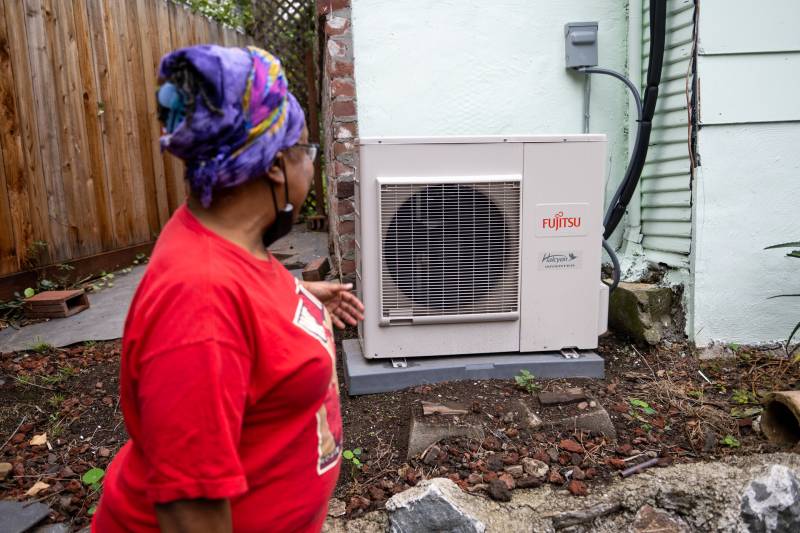The journey of heat pump manufacturers in creating eco-friendly heating systems has been marked by significant advancements and challenges. Initially, heat pumps were considered a niche technology, primarily utilized in specialized applications or high-end residential settings. However, as the global focus on sustainability and energy efficiency has intensified, these devices have evolved into a mainstream solution for reducing carbon footprints and enhancing energy conservation. The early models of heat pumps, while innovative for their time, often struggled with efficiency and reliability issues. They used refrigerants that had high global warming potentials, contributing to environmental concerns. Recognizing these challenges, manufacturers embarked on a mission to improve the environmental performance of heat pumps. This journey began with significant research and development efforts aimed at increasing the efficiency of these systems. Advances in compressor technology, improved heat exchanger designs, and the development of more efficient and durable components contributed to the enhancement of heat pump performance.

These improvements not only made heat pumps more effective at extracting and transferring heat but also reduced their energy consumption and operational costs. One of the pivotal moments in this evolution was the shift towards using low-GWP Global Warming Potential refrigerants. Early heat pumps relied on substances like R-22 and R-410A, which were identified as potent greenhouse gases. In response to regulatory changes and environmental concerns, manufacturers began adopting refrigerants with significantly lower GWP. The introduction of refrigerants such as R-32 and natural alternatives like CO2 carbon dioxide marked a major step forward in minimizing the ecological impact of heat pumps. In addition to refrigerant advancements, heat pump manufacturers have integrated sophisticated control systems into their heat pumps. Modern systems are equipped with smart thermostats and energy management features that allow users to optimize performance based on real-time data. These intelligent controls not only enhance comfort but also contribute to energy savings by ensuring that heat pumps operate efficiently and only when needed.
The expansion of heat pump applications has also played a crucial role in their journey toward eco-friendliness. Traditionally used for residential heating and cooling, heat pumps are now being employed in a variety of settings, including commercial buildings, industrial processes, and even large-scale district heating systems. This broader adoption has been driven by advancements in technology that allow heat pumps to handle diverse heating demands and integrate seamlessly with other renewable energy sources, such as solar and wind power. Moreover, the manufacturing process itself has undergone significant improvements and view the page www.jnodenergy.com. Many companies have adopted more sustainable practices in the production of heat pumps, including the use of recycled materials and the reduction of waste. This commitment to sustainability is reflected not only in the products themselves but also in the broader operational practices of heat pump manufacturers. The journey of heat pump manufacturers towards creating eco-friendly heating systems is a testament to the industry’s dedication to environmental stewardship and technological innovation.
